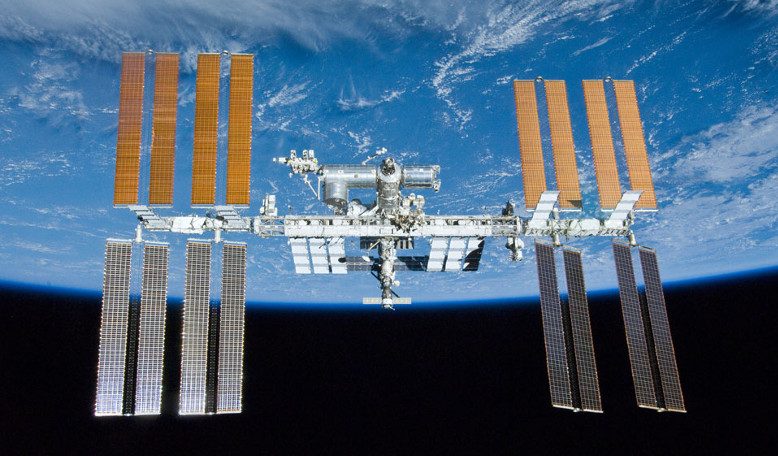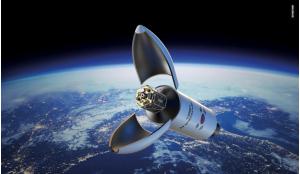To promote the use of the International Space Station as an orbiting laboratory capable of producing cutting-edge research across numerous scientific disciplines, Boeing and the Center for the Advancement of Science in Space (CASIS) have again joined forces to grant a total of $500,000 to three microgravity research companies.
The grants, provided through startup accelerator MassChallengeTM, are awarded to Cellino Biotech, Guardion Technologies, and MakerHealth to assist with hardware costs for flight to the ISS National Lab, along with helping the companies with preparations for their experiments.
This year’s winning projects had to incorporate science or technology initiatives that would effectively use and benefit from ISS National Lab capabilities. As such, awardee Cellino Biotech propose to gene-edit induced Pluripotent Stem Cells (iPSCs) using the companies biotech’s platform, NanoLaze™, while Guardion Technologies is developing miniature radiation detectors. Finally, MakerHealth plans to conduct experiments to advance its biochemical manufacturing platform, which focuses on fusion-based reactions of substances during organic synthesis and bioprocessing reactions.
"Our goal with independent research-and-development projects such as these is to maximise the [space station’s] use for collaboration among diverse users and improving life on Earth for years to come,” said Scott Copeland, Research Integration lead for Boeing’s International Space Station program.
This will be the fourth year that Boeing and CASIS's have collaborated on the “Technology in Space” prize at MassChallenge Boston, however with this latest partnership, Boeing and CASIS have worked together to fund 11 separate innovative startups through MassChallenge.
Boeing is the the International Space Station prime contractor, responsible for designing, building and processing the American modules and the integrated truss system that powers the station. CASIS on the other hand is the nonprofit organisation responsible for managing and promoting research onboard the ISS U.S. National Laboratory.
CASIS will continue to work with additional MassChallenge “Technology in Space” proposers to build on their ideas and potentially transform them into flight-ready projects.











